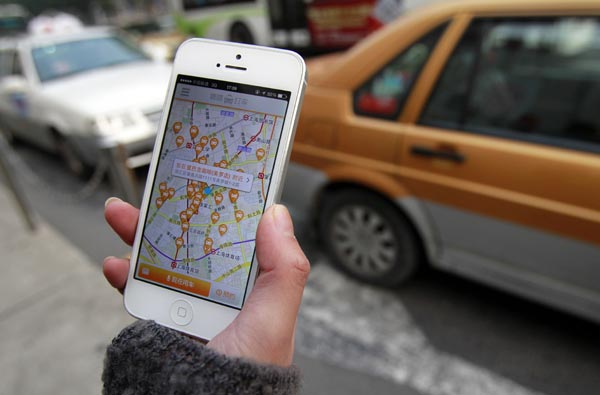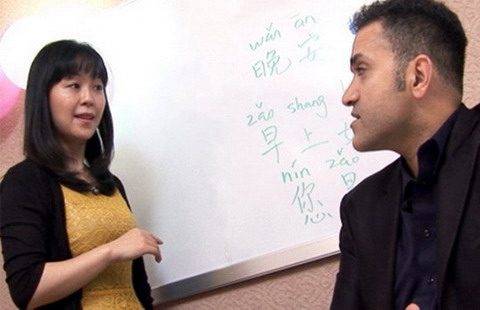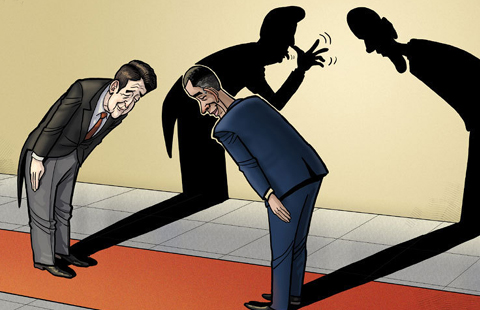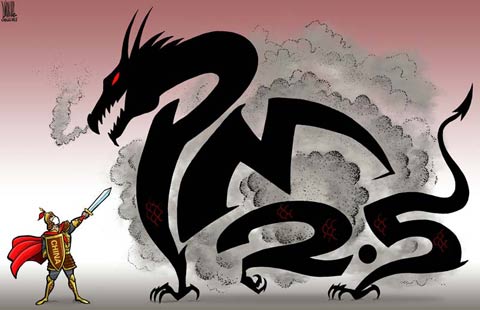Apps reveal taxi market flaws
(China Daily) Updated: 2015-01-09 09:58
 |
|
A customer checks his smartphone app that eases finding a taxi. Ding Ding / China Daily |
When technology advances create competitors for a monopoly, the authorities should not only regulate the newcomers, but more importantly take the opportunity to end the monopoly that has fattened a few.
Apps that enable car owners to use their cars in effect as unlicensed cabs have become popular and taxi drivers in Shenyang, Liaoning province, went on strike last week demanding such "black cabs" be stopped.
The competition from private car owners is unfair, because they do not pay fees to taxi companies, which accounts for nearly half of taxi drivers' revenues. Beijing and Shanghai decided early this week to fine these "black taxi" drivers 30,000 yuan ($5,000) to 100,000 yuan.
Yet the taxi companies in these cities kept silent till now, because their interests were hardly affected. The fees paid by drivers is fixed revenue for them. Most of these companies won their valuable licenses in the early 1990s, and since then, the licenses have largely been frozen, so has the number of taxis despite the growing urban population.
What is clear over these years is the profits of these companies have increased steadily, while it is the taxi drivers that have to bear the uncertainties and risks of the market.
It is wrong to use private cars as cabs. But just banning apps that facilitate owners using their cars as cabs is an ostrich policy that ignores the root cause of the problem.
The only hindrance preventing consumers enjoying the greater convenience offered by technology and market competition is the taxi companies cocooned in their strong monopoly, safeguarded by the beneficiaries they feed.
It is high time to open the taxi industry for fair market competition. Any corruption involved should be addressed.











